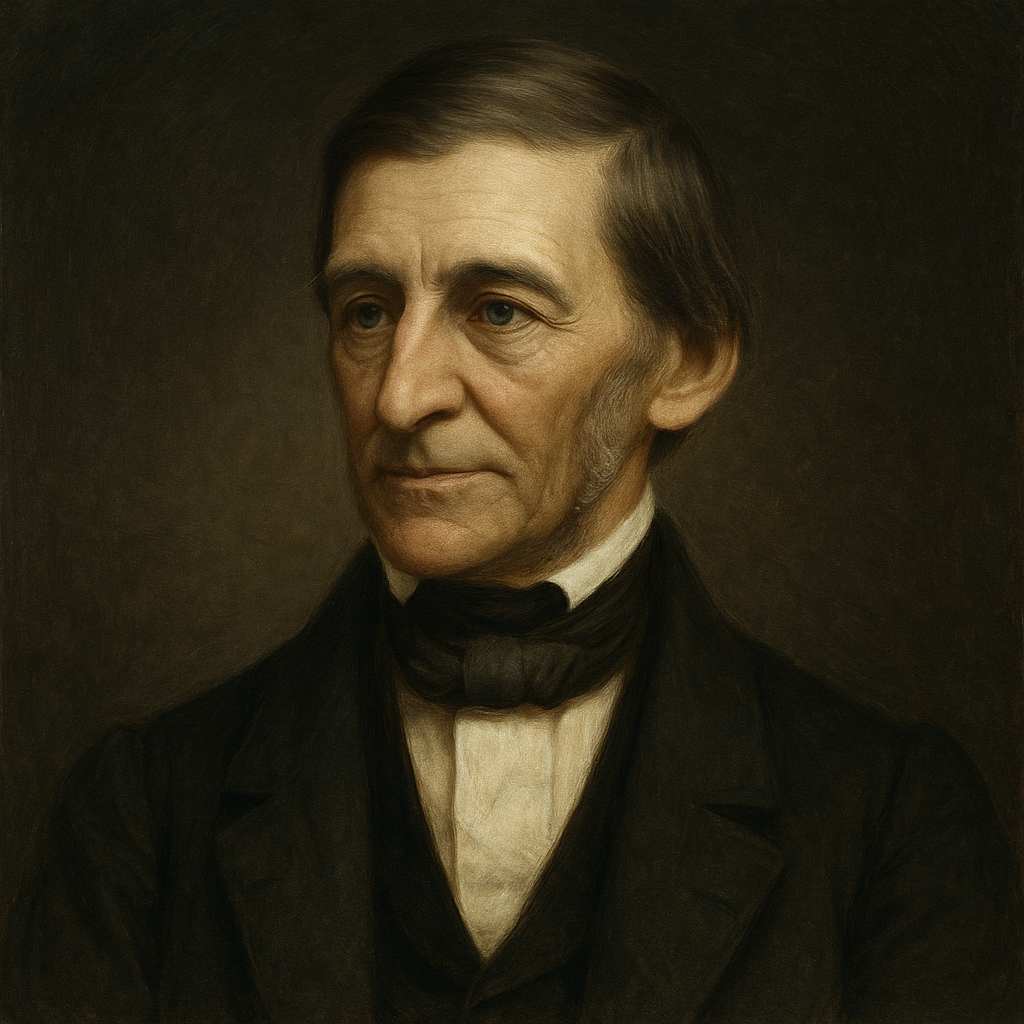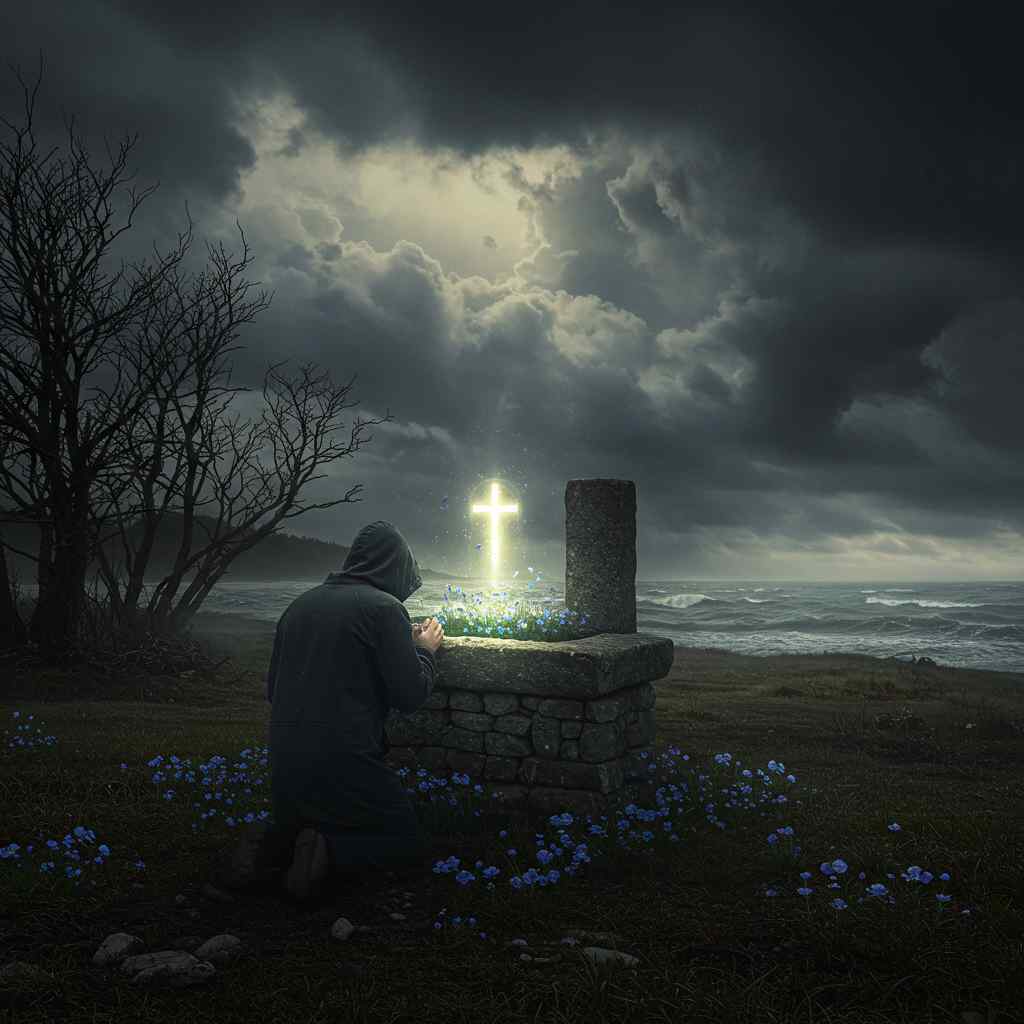9 Poems by Ralph Waldo Emerson
1803 - 1882
Ralph Waldo Emerson Biography
Ralph Waldo Emerson, a towering figure in American literature and philosophy, was born on May 25, 1803, in Boston, Massachusetts. The son of Unitarian minister William Emerson and Ruth Haskins Emerson, young Ralph was immersed in a world of intellectual and spiritual inquiry from an early age. This environment would profoundly shape his future as a thinker, writer, and cultural icon.
Emerson's childhood was marked by both privilege and hardship. While his family was well-connected within Boston's literary and religious circles, they also faced financial struggles, particularly after his father's death in 1811. Despite these challenges, Emerson's mother was determined to provide her children with a quality education. Ralph entered Harvard College at the age of 14, where he distinguished himself as a promising scholar and orator.
After graduating in 1821, Emerson briefly worked as a teacher before returning to Harvard to study divinity. He was ordained as a Unitarian minister in 1829 and took up a position at Boston's Second Church. However, his tenure as a minister was short-lived. Emerson's evolving spiritual beliefs, which emphasized personal intuition over established doctrine, led to increasing tension with the church hierarchy. In 1832, following the death of his first wife, Ellen Tucker, after just 18 months of marriage, Emerson resigned from the ministry.
This period of personal and professional upheaval proved to be a turning point in Emerson's life. He embarked on a tour of Europe in 1833, where he met literary luminaries such as William Wordsworth, Samuel Taylor Coleridge, and Thomas Carlyle. These encounters, along with his exposure to Transcendentalist ideas, profoundly influenced Emerson's philosophical outlook.
Upon his return to the United States in 1834, Emerson settled in Concord, Massachusetts, and began his career as a lecturer and essayist. His first major work, "Nature," published anonymously in 1836, laid the foundation for the Transcendentalist movement. In this groundbreaking essay, Emerson articulated his vision of the divine in nature and the importance of individual intuition in understanding the world.
Emerson's philosophy, which emphasized self-reliance, individualism, and the inherent goodness of human nature, resonated deeply with the American spirit of the time. His essays, including "Self-Reliance" (1841), "The Over-Soul" (1841), and "The Poet" (1844), became cornerstones of American intellectual thought. In these works, Emerson challenged readers to trust their own instincts, reject conformity, and seek a direct, personal relationship with the divine.
As Emerson's reputation grew, he became the center of a vibrant intellectual community in Concord. His home served as a gathering place for some of the most brilliant minds of the era, including Henry David Thoreau, Bronson Alcott, and Margaret Fuller. Emerson's influence extended beyond literature and philosophy; he was also a vocal advocate for social reform, particularly in his opposition to slavery.
Emerson's poetry, while less widely celebrated than his essays, represents an important facet of his literary output. Poems such as "Concord Hymn" (1837), "The Rhodora" (1847), and "Days" (1857) showcase his ability to distill complex philosophical ideas into lyrical verse. His poetic style, characterized by its emphasis on nature imagery and spiritual introspection, had a significant impact on later American poets, including Walt Whitman.
Throughout his life, Emerson continued to evolve as a thinker and writer. His later works, such as "The Conduct of Life" (1860) and "Society and Solitude" (1870), reflect a more nuanced understanding of human nature and society. While maintaining his belief in individual potential, Emerson also acknowledged the complexities and limitations of human experience.
Emerson's personal life was marked by both joy and tragedy. His second marriage, to Lydia Jackson in 1835, was a long and happy union that produced four children. However, Emerson also endured the loss of his first son, Waldo, in 1842, an event that profoundly affected his outlook and writing.
As Emerson aged, his influence on American culture only grew. He continued to lecture and write well into his later years, though he struggled with memory loss in his final decade. When he died on April 27, 1882, at the age of 78, Emerson was widely regarded as one of the most important American thinkers of the 19th century.
Ralph Waldo Emerson's legacy extends far beyond his own time. His emphasis on individualism, self-reliance, and the importance of nature has had a lasting impact on American thought and literature. His ideas influenced generations of writers, philosophers, and social reformers, from Walt Whitman and Henry David Thoreau to William James and John Dewey. Even today, Emerson's essays continue to be widely read and studied, offering insights that remain relevant in our contemporary world.
Emerson's life and work embody the spirit of American Romanticism and the country's burgeoning intellectual independence in the 19th century. His ability to synthesize European philosophical traditions with a uniquely American sensibility helped shape the national literary voice. Through his essays, lectures, and poetry, Emerson challenged his contemporaries to think deeply about their relationship to nature, society, and the self, leaving an indelible mark on American cultural and intellectual history.
This text was generated by AI and is for reference only. Learn more
Username Information
No username is open
Unique usernames are free to use, but donations are always appreciated.
Quick Links
© 2024-2025 R.I.Chalmers (V2Melody).

All music on this site by R.I.Chalmers (V2Melody) is licensed under a Creative Commons Attribution-NonCommercial 4.0 International License.
Attribution Requirement:
When using this music, you must give appropriate credit by including the following statement (or equivalent) wherever the music is used or credited:
"Music by R.I.Chalmers (V2Melody) – https://v2melody.com"
Support My Work:
If you enjoy this music and would like to support future creations, donations are always welcome but never required.
Donate










